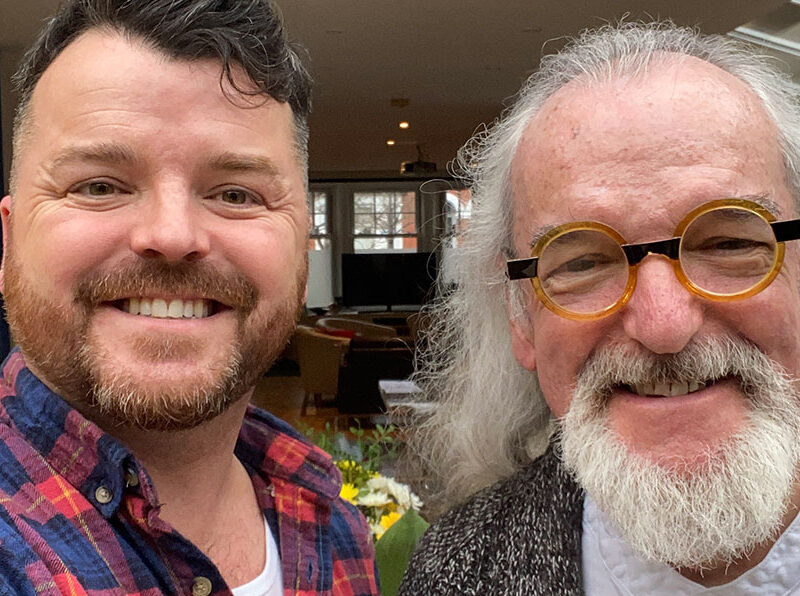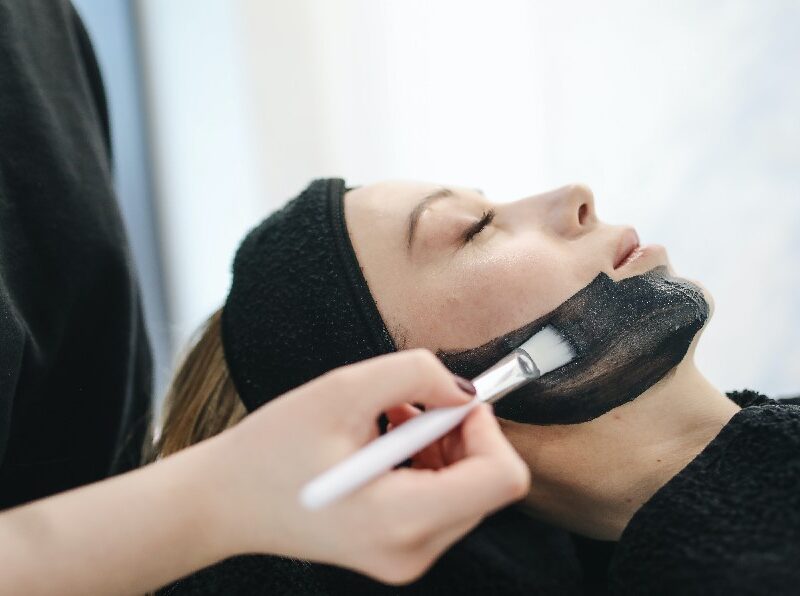
Eyes Wise
We look at why eye tests should be considered a vital part of our healthcare arsenal
Many eye conditions are treatable if detected early enough, or at least progression slowed down. Eye tests can also reveal so much more than just the health of our eyes. Despite this, many of us fail to recognise the importance of a regular test.
National Eye Health Week runs from 23-29 September and stresses the importance of making eye tests as essential a part of your healthcare regime as having a dental check-up.
According to David Cartwright, optometrist and chairman of Eye Health UK, almost 14 million Brits don’t have regular tests despite them being essential health checks. “Failing to have regular eye tests once every two years is probably the biggest threat to eye health. Many of us only visit our local optician when we are aware something is wrong and sadly this can mean the damage is already done.
A routine eye check will only take around 30 minutes and for many people, it’s free.
Optometrist, John Rose, founder of John Rose Eye Care in Kingston, says that in fact there is so much more to good eye health than just clarity of sight, and that eye exams and check-ups are useful indicators of our overall bodily health: “The eyes are an outgrowth of the brain and can reflect what is actually going on in the brain,” he says. “Also as the eye is transparent it is easy to image and is the only part of the body where blood vessels can be seen easily without invasive tests or surgery.”
So eyes are gateways to what’s going on in with our bodies, but what exactly can our eyes reveal? John points out: “Warning signs for a range of life-threatening illnesses can be detected by your optometrist, including eye cancer and multiple sclerosis,” he says. A sight test can also detect early signs of conditions like glaucoma, diabetes or high blood pressure, which can be treated if found soon enough. “Eyes can even detect early signs of heart disease and brain tumours,” he warns.
John adds that there are many lifestyle changes we can make that will protect both our eye health and our overall health. “We are damaging our eye health without realising through lack of exercise, poor diet, too much sugar and poor microbiome – what is good for your heart is good for the eyes and brain.”
Studies show that what we eat can also affect our vision. Recommended foods include broad leaf greens, brightly coloured fruit and veg, oily fish like salmon, tuna and mackerel.
And what about the importance of our childrens’ eye care? We may not have any problem remembering check-ups for our children at the dentists and at the local GP’s, but don’t forget that when our children are young, their eyes are adapting and it’s a crucial stage of their development.
Children do not have to be able to read to have their eyes examined, and at about six weeks, your baby should be able to follow something colourful with their eyes. If your baby doesn’t seem to be able to focus, there may be a problem.
When your baby becomes a toddler, things to look out for include rubbing of eyes, watery eyes and unexplained headaches. Some schools carry out screenings, but you can take your child for a sight test at an opticians. Failing to check their eyesight can have a monumental impact such as falling behind at school.
“Our sight is precious. You only have to close your eyes for a moment to appreciate how important your vision and eye health is,” says David.
Eye Health Uk’s Five Eye Conditions to Be Aware of
• Age-related Macular Degeneration (AMD). This impairs your central field of vision and is Britain’s leading cause of blindness affecting an estimated 600,000 people across the UK.
• Glaucoma is a condition that affects the optic nerve and disturbs your peripheral vision. If left untreated it can lead to total loss of sight.
• 26% of all cases of sight loss in people aged 75 and over is due to untreated cataracts. This is despite the fact that vision can usually be restored with a routine surgical procedure.
• Dry Eye (Keraconjunctivitis Sicca) a condition where the tear glands are not creating enough, or creating poor quality, liquid to keep the eyes lubricated and comfortable.
• Presbyopia is a part of the ageing process. It occurs when the crystalline lens in the eye loses its flexibility and makes it more difficult to focus on close objects.
How to Look After Your Eye Health…
Avoid sun exposure
Wear a wide-brimmed hat or sunglasses to protect your eyes from UV rays. Look for glasses carrying the CE mark or the British Standard BS EN ISO 12312-1:2013, which means they offer a safe level of ultraviolet protection. Note that dark brown shades offer more protection than light grey.
Watch your alcohol intake
Men and women are advised not to drink more than 14 units a week. Excessive alcohol may increase the risk of developing early age-related macular degeneration.
Give up smoking
Smokers are much more likely to develop age-related macular degeneration and cataracts than non-smokers. Eat a healthy diet A good diet will reduce the risk of conditions such as high blood pressure, which can increase the risk of eye problems such as glaucoma.
Safety glasses for DIY
Invest in protective eyewear for DIY tasks where there’s a risk of dust, paint, splinters or chemicals entering the eye. Normal glasses don’t offer enough protection.






